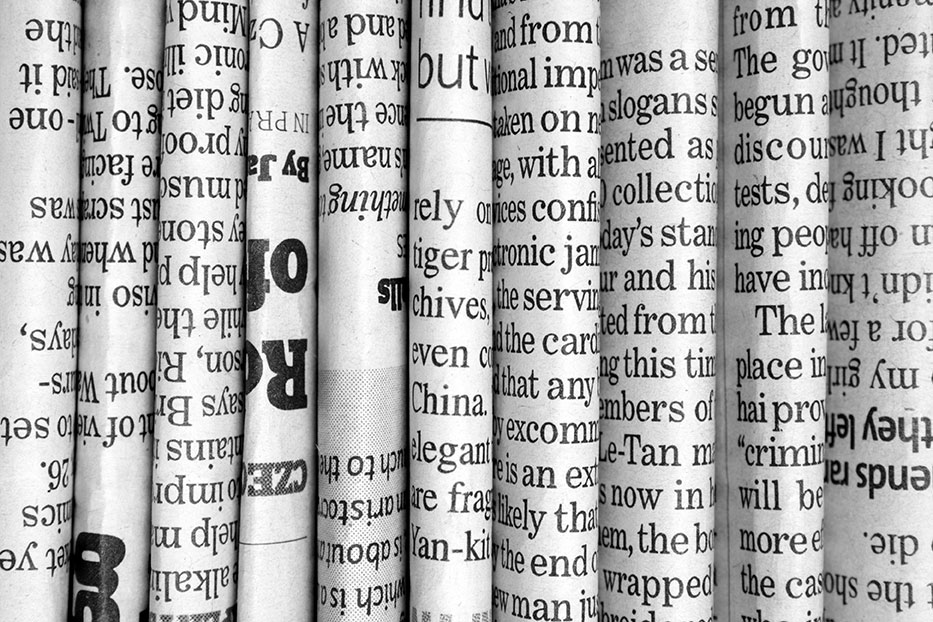
Photo via DepositPhotos.com
Photo via DepositPhotos.com
Ten years ago, I was blacklisted in China. I had been working for the Committee to Protect Journalists, where my job was to document attacks on journalists in Asia. It was the year before Beijing hosted the Olympic Games, and my colleagues and I traveled to Beijing to launch a report detailing how the press in China was hobbled by centralized Communist Party media control, the threat of libel suits and the fear of imprisonment. The Chinese government didn’t like the report or our press conference, and I haven’t been able to get even a tourist visa to China since.
Among the things I reported on were how the government’s constraints on the press in China hurt the health of its people. I met a journalist whose work on unsafe food in China never found an outlet on the mainland. I wrote about others whose reporting on adulterated medicine was quashed by the state censorship machine. I met a lawyer named Xu Zhiyong, now serving a lengthy prison term, who had defended journalists who were imprisoned after their newspaper reported aggressively on the SARS virus and other sensitive issues.
The Committee to Protect Journalists (CPJ) is a U.S. nonprofit that has long taken the privileges and rights of the American press as a platform to defend the rights of journalists all over the world. At CPJ, I argued that because we are all connected by a global economy and a shared planet, it matters to all of us whether Chinese journalists are able to report on the spread of disease, food and product safety, or environmental harm.
If Chinese journalists’ ability to do their jobs well affects the health of people here in the U.S., that’s doubly true of journalists in our own country, our state, our town.
A vigorous press lets us know, for instance, that the effects of Agent Orange may have extended past its immediate victims in the Vietnam War to hurt the children of U.S. veterans. Journalists show us how racist housing policies have segregated cities and systematically denied investment to the neighborhoods where black people lived—including in Denver and other cities in Colorado—with lasting health impacts. The Colorado Springs Gazette revealed how young veterans of the wars in Iraq and Afghanistan were dishonorably discharged—and denied benefits—for minor offenses after sustaining traumatic brain injuries. Colorado Public Radio has reported extensively on the growing use of body cameras by police in Colorado, and how they can aid in civil rights cases involving some of the state’s most vulnerable citizens.
I could go on and on.
Today, the U.S. press is under siege. The profession has been shrinking, hurt by economic forces that have drained traditional media outlets of the resources they need to do good, honest and powerful reporting. CPJ recently broke with a tradition of staying out of U.S. politics to argue that President-elect Donald J. Trump “has consistently demonstrated a contempt for the role of the press” by harassing individual journalists and exhibiting expansive disregard for the institution.
A weak American press is bad for the health of all of us. It’s especially bad for the health of those people without power, money and privilege.
I’m proud to work for an organization, The Colorado Trust, that has a mission of advancing the well-being of all Coloradans by working to dismantle the social and economic inequities that threaten health and can shorten lives. The resources of philanthropic organizations like this one are needed to build a more equitable and healthy society. So is a strong press.
Luckily, it’s much easier to support the American press than it is to protect Chinese journalists, and it doesn’t require a visa: Anyone can do it by subscribing to their local paper, donating to their public radio and television stations, calling out fake news and giving to organizations that support transparency and media freedom, including international ones like CPJ or, closer to home, the Colorado Freedom of Information Coalition.